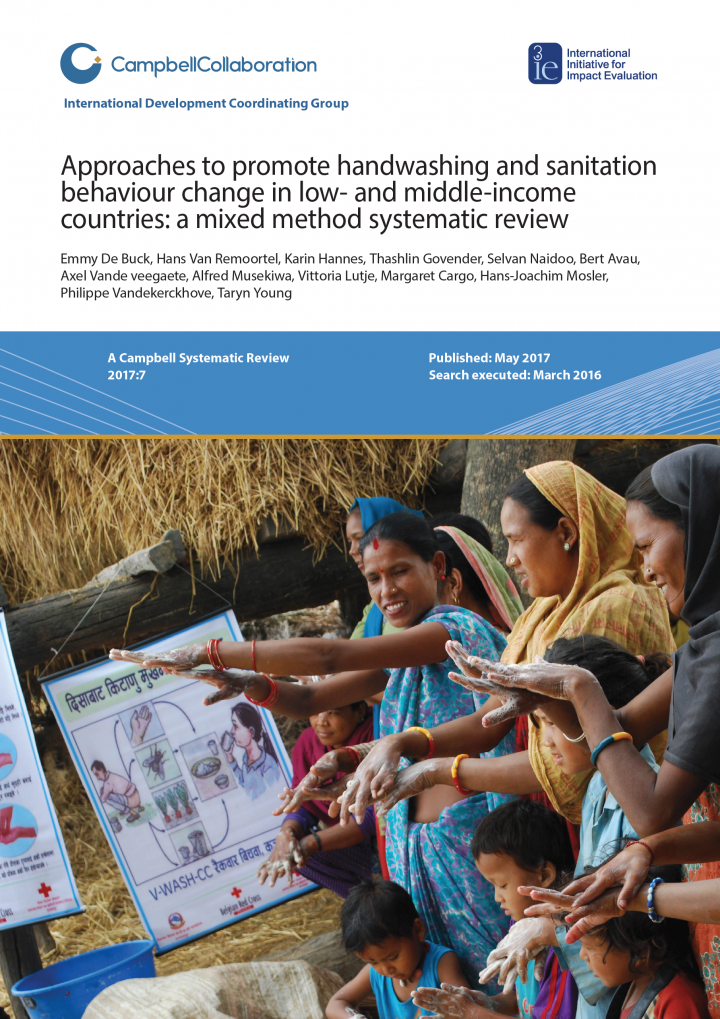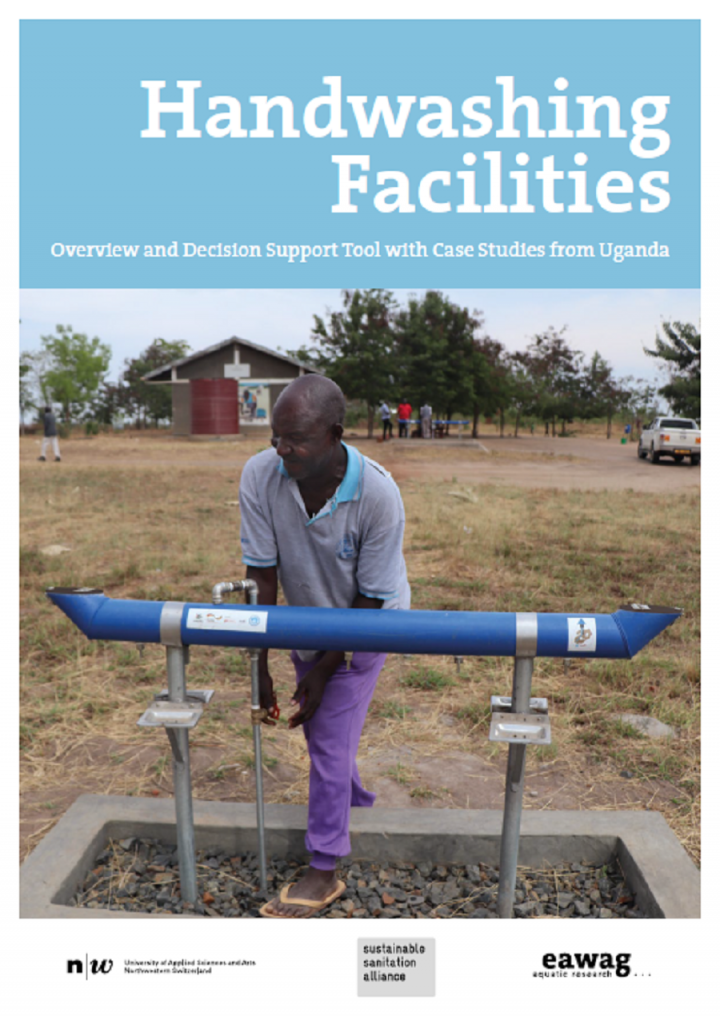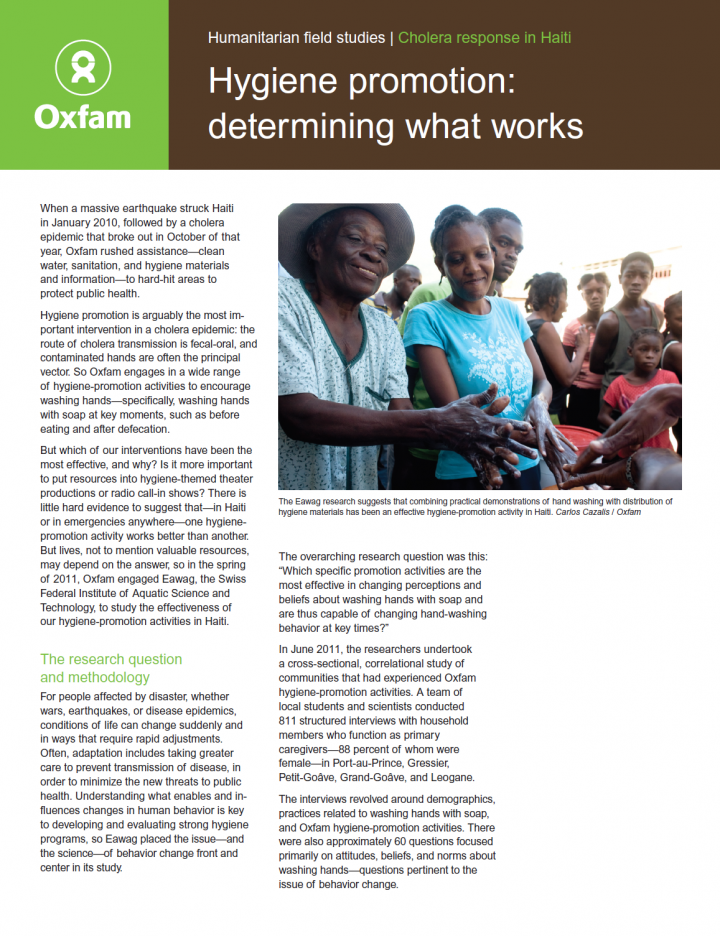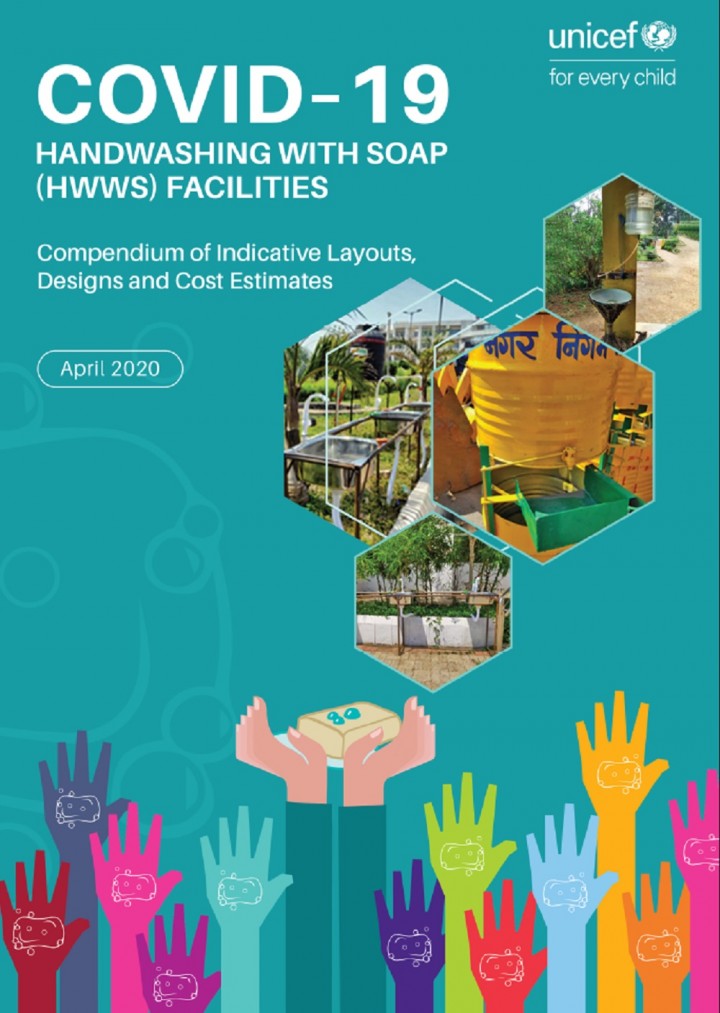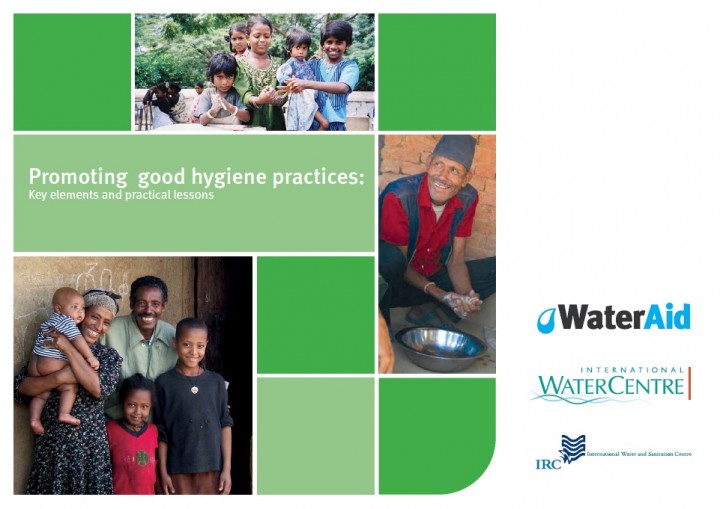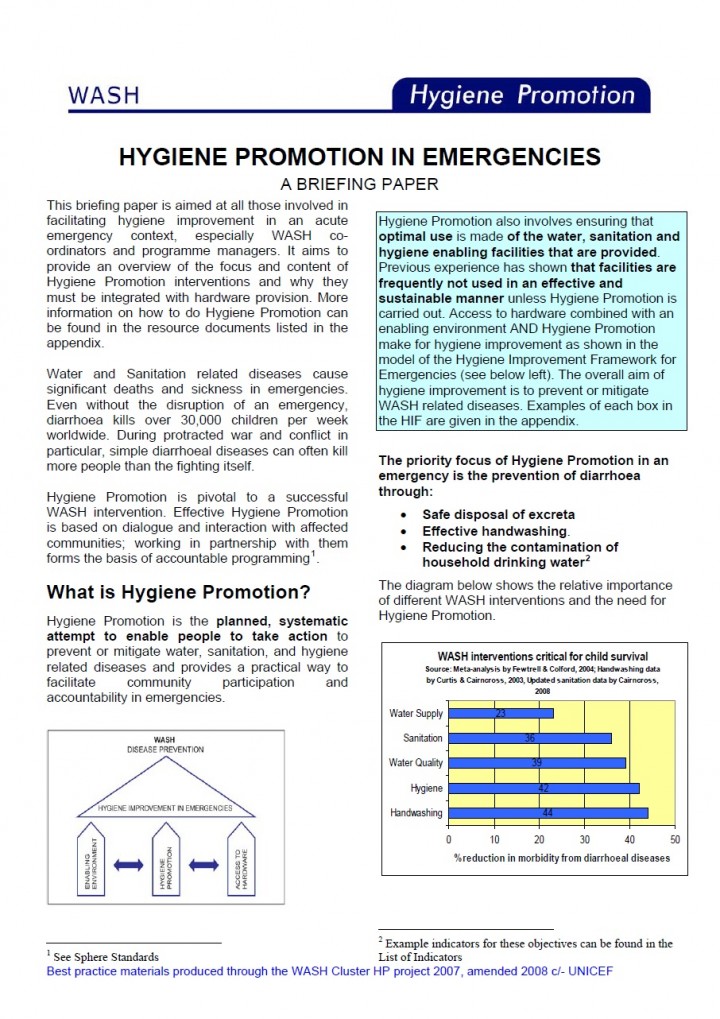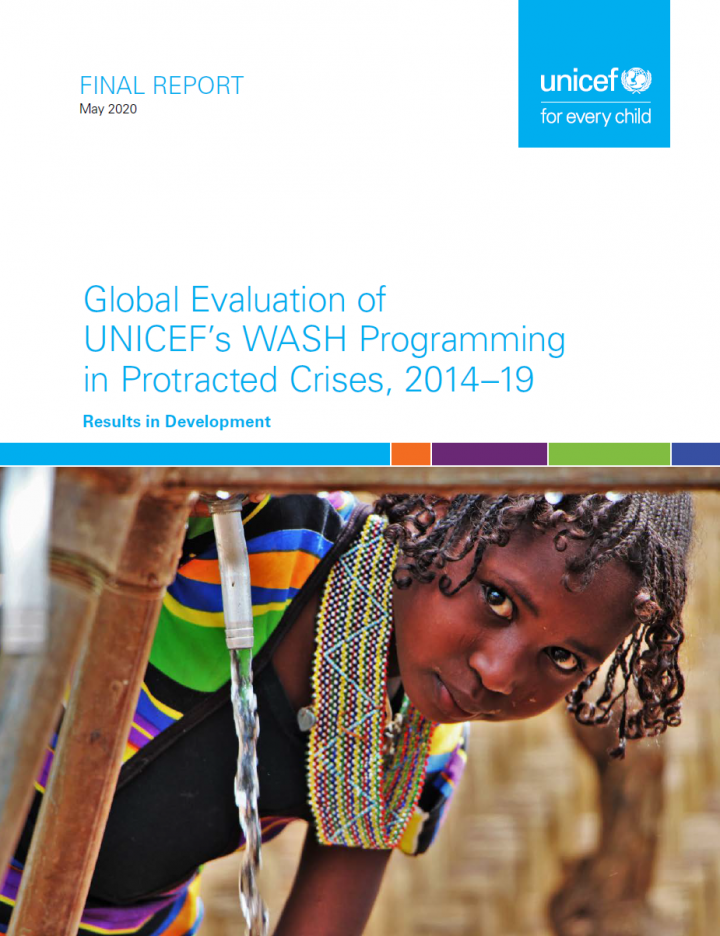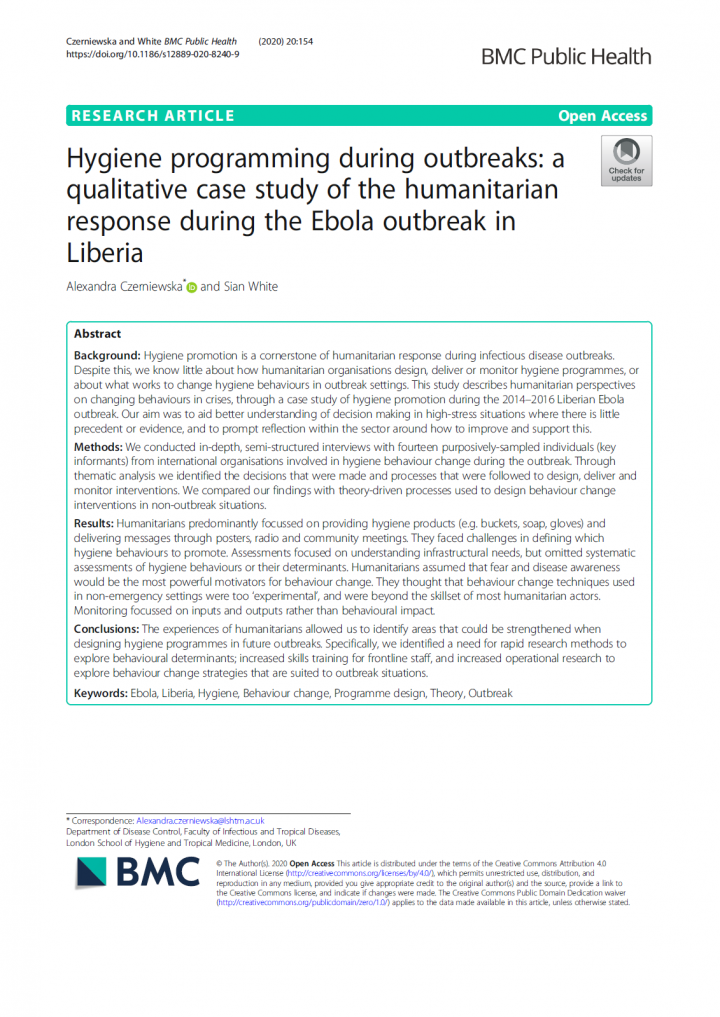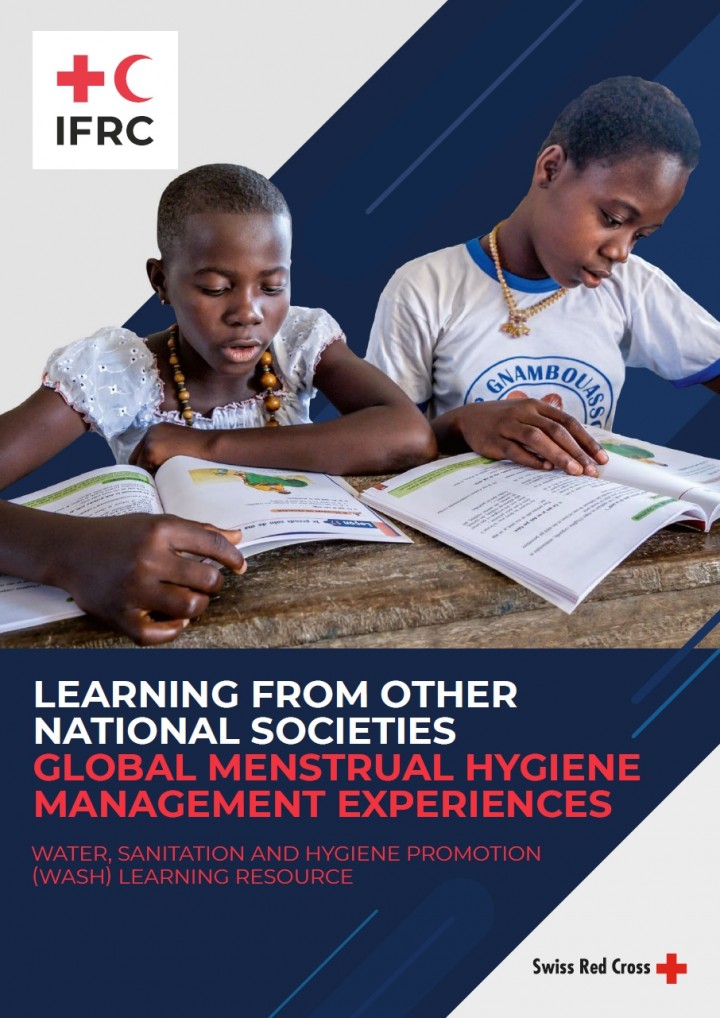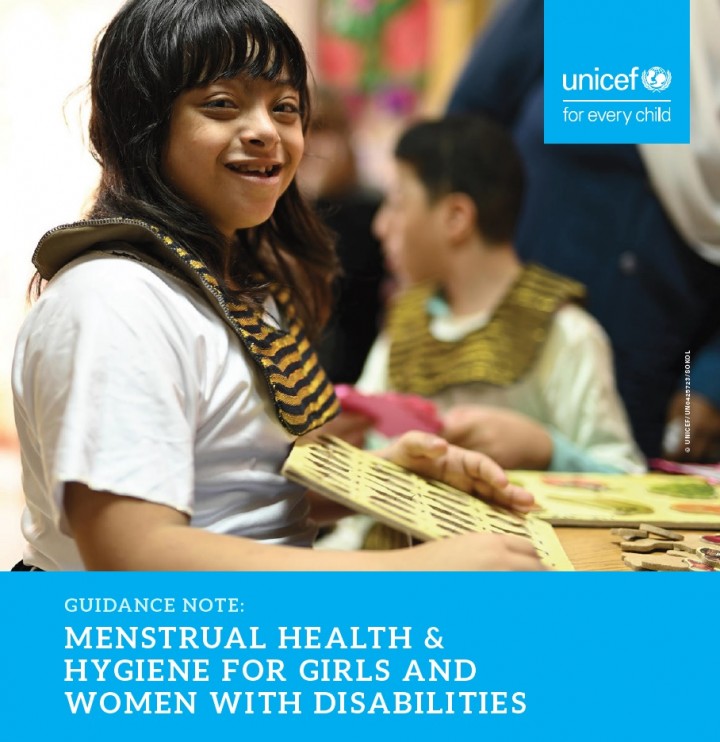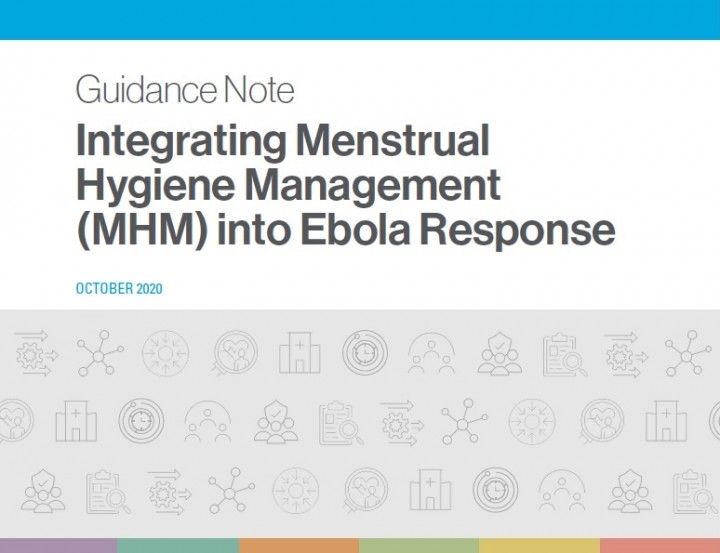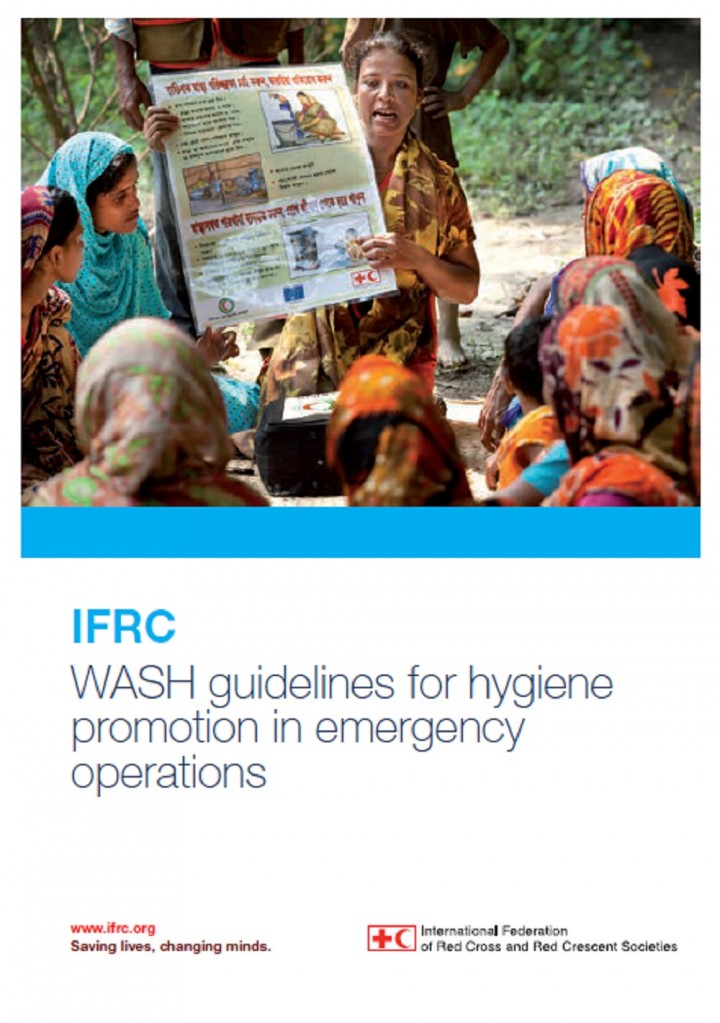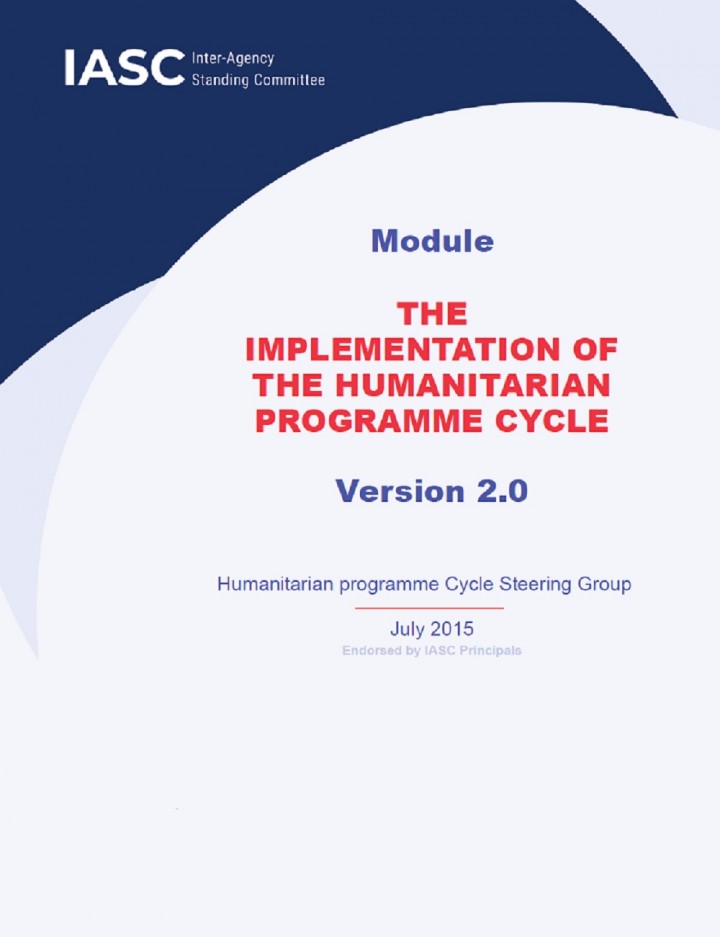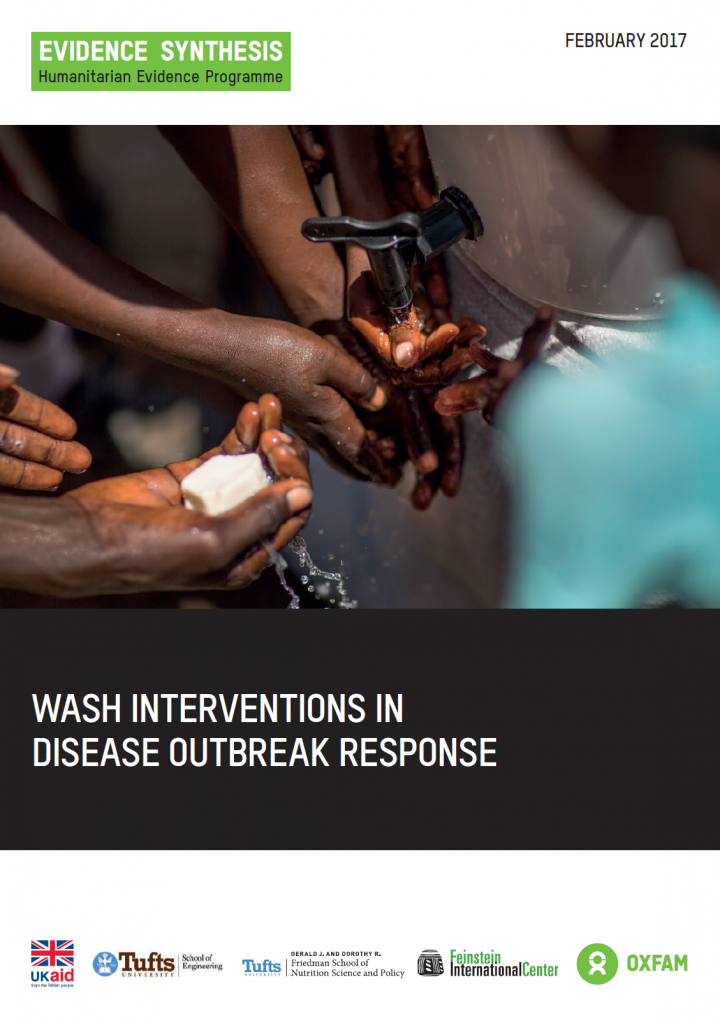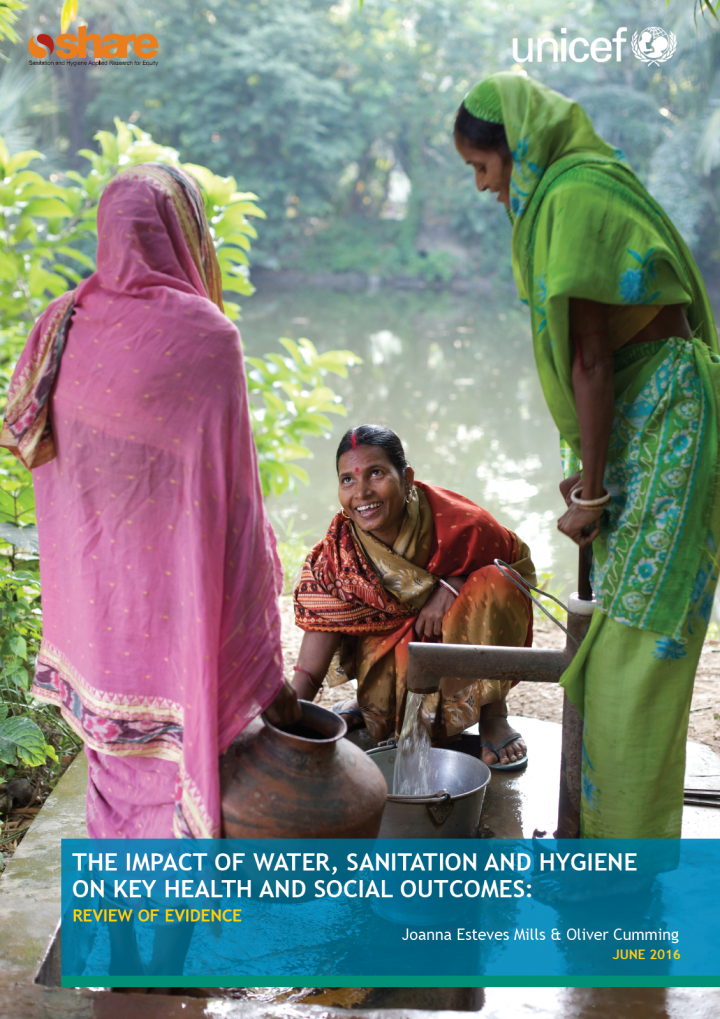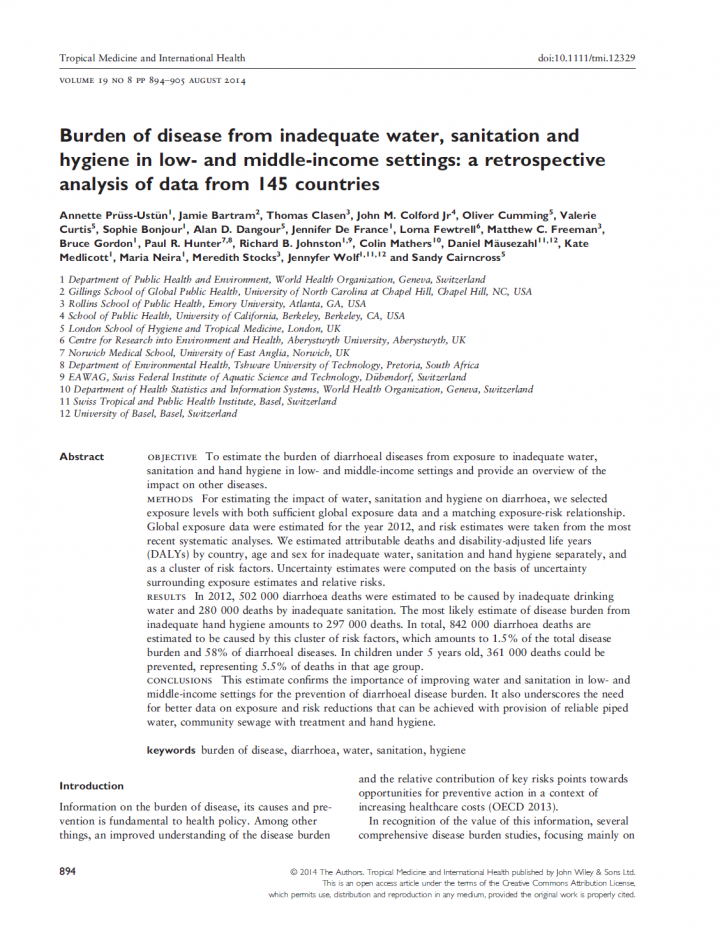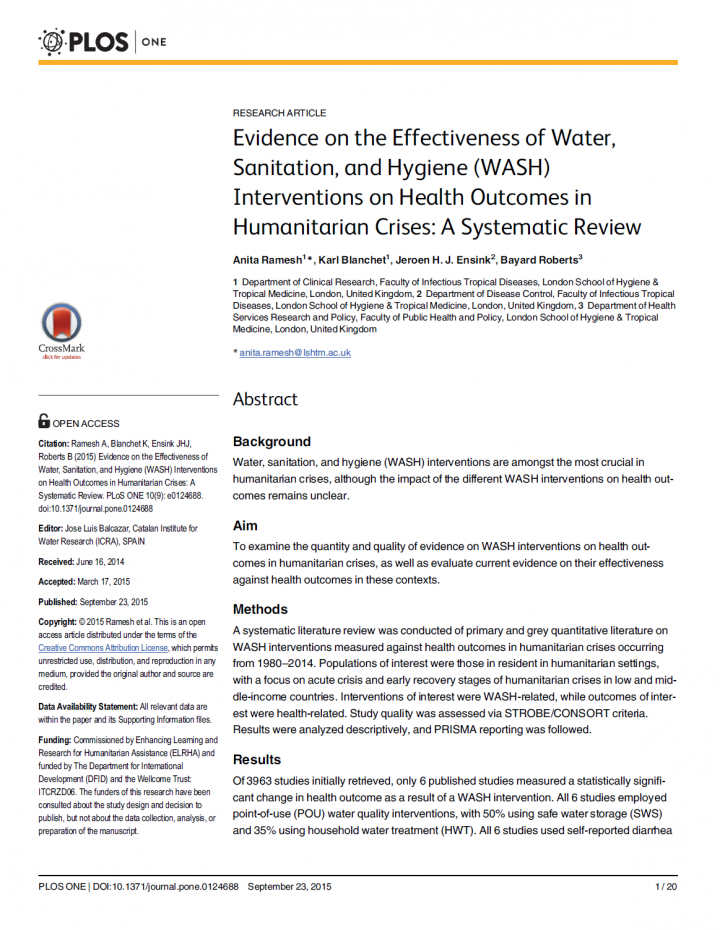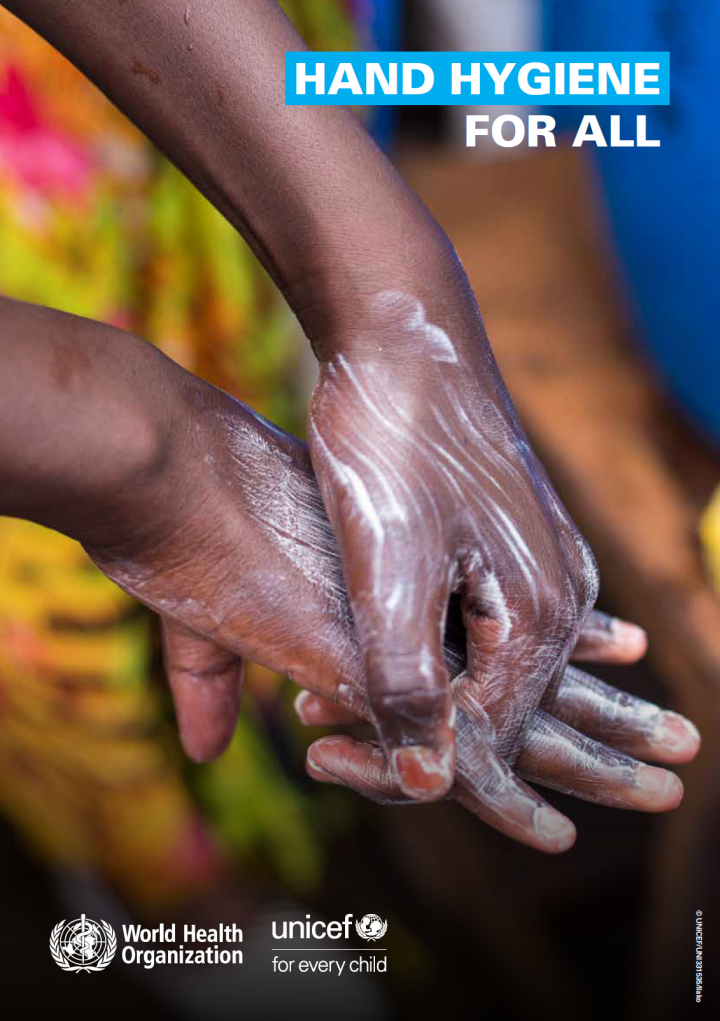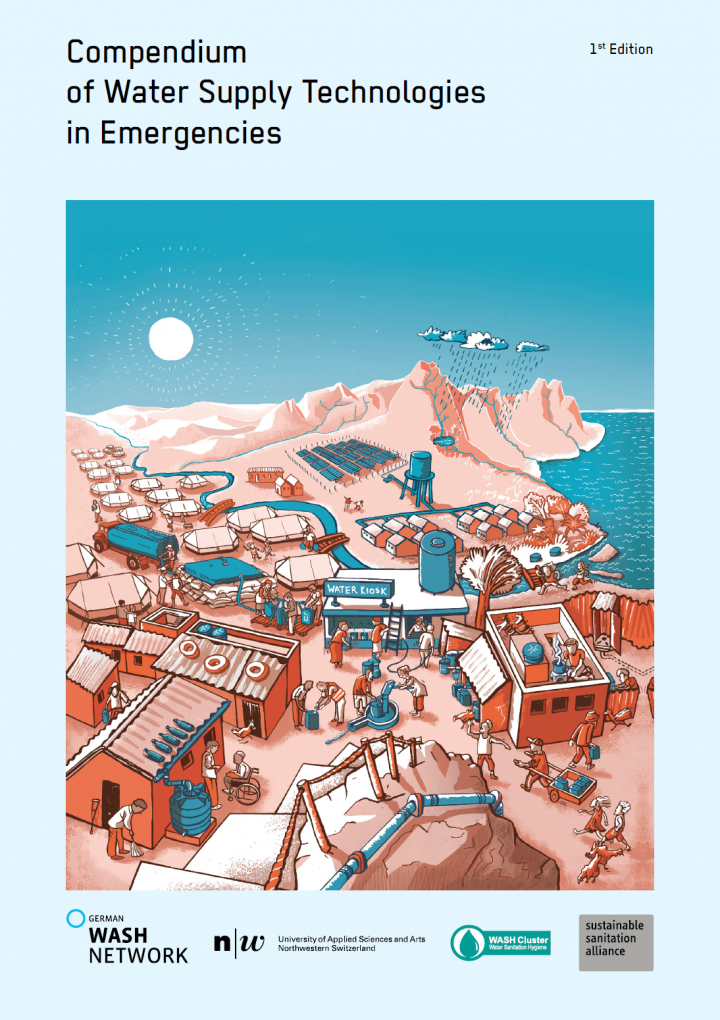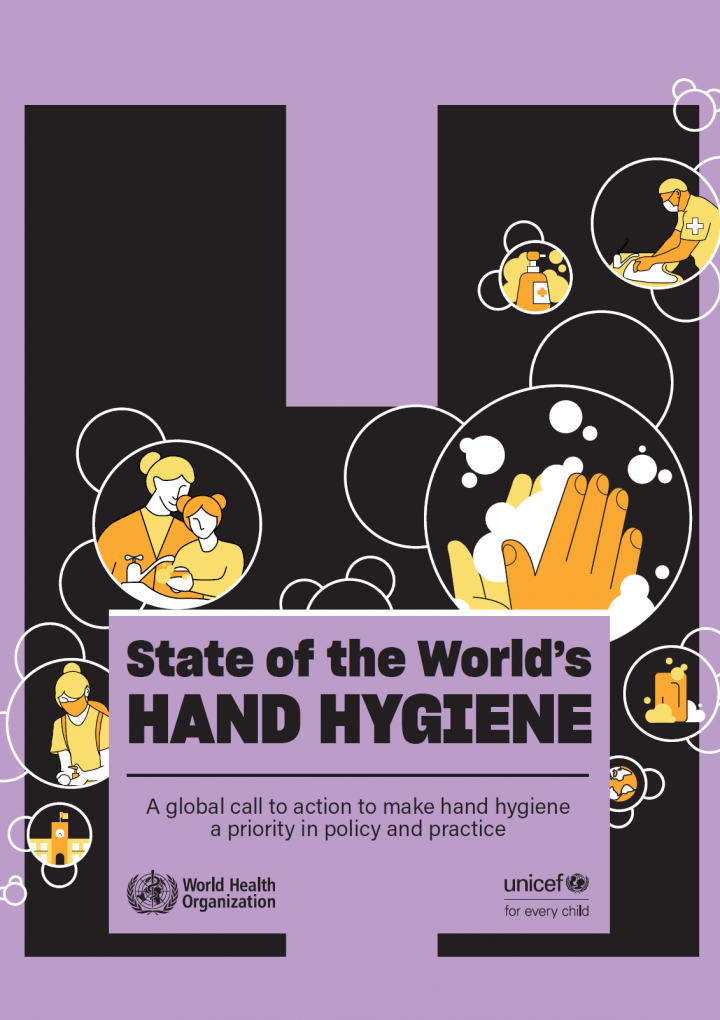De Buck, E., Van Remoortel, H., Hannes, K., Govender, T., Naidoo, S., Avau, B., Vande veegaete, A., Musekiwa, A., Vittoria, L., Cargo, M., Mosler, H-J., Vandekerckhove, P., Young, T. (2017) Approaches to promote handwashing and sanitation behaviour change in low- and middle-income countries: a mixed method systematic review
This Campbell Systematic Review examines the effectiveness of different approaches for promoting handwashing and sanitation behaviour change, and factors affecting implementation, in low and middle-income countries. The review summarises evidence from 42 impact evaluations, and from 28 qualitative studies.
M. Peter, V. Misev, V. Schelbert, C. Lüthi, A. Panesar, J.C. Schlenk, N. Stauf, S. Semiyaga (2022) Handwashing Facilities Overview and Decision Support Tool with Case Studies from Uganda
Handwashing Facilities - Overview and Decision Support Tool with Case Studies from Uganda The objectives of this publication are twofold. The first objective is to give an overview of common types of handwashing facilities with a number of key aspects that need to be considered during the planning stage. Focus is placed on handwashing facilities that are generally suitable for installation at public and commercial buildings […]
Oxfam (2012) Humanitarian Field Studies. Cholera Response in Haiti. Hygiene Promotion: Determining What Works.
When a massive earthquake struck Haiti in January 2010, followed by a cholera epidemic that broke out in October of that year, Oxfam rushed assistance—clean water, sanitation, and hygiene materials and information—to hard-hit areas to protect public health. Oxfam engaged in a wide range of hygiene promotion activities to encourage washing hands—specifically, washing hands with soap at key moments, such as before eating and after defecation. […]
UNICEF (2020) Covid-19. Handwashing with Soap (HWWS) Facilities
Handwashing with soap for minimum 40 seconds is one of the precautionary measures suggested and advocated globally since the outbreak of COVID-19 (Corona Virus Disease). The pandemic has created a demand for behaviour change and sustained practices of Handwashing with soap. This calls for exploring existing options of handwashing stations and create newer designs of handwashing stations globally, majorly catering to the demand of COVID […]
WaterAid Australia, IWC, IRC (2011) Promoting Good Hygiene Practices: Key Elements and Practical Lessons
The objective of this compilation is to strengthen the capacity of organisations to design and deliver effective hygiene promotion programs leading to the improved health of communities. This compilation of three keynote papers and 31 case studies searches for answers to the question: What makes hygiene promotion work? The case studies are written by authors from a wide variety of organisations working in South Asia, South […]
GWC (2008) Hygiene Promotion in Emergencies A Briefing Paper
UNICEF (2020) Global Evaluation of UNICEF’s WASH Programming in Protracted Crises 2014-19
This Global Evaluation of UNICEF’s WASH Programming in Protracted Crises (WiPC) is the first UNICEF global thematic evaluation focusing specifically on protracted crisis contexts.This evaluation provides both accountability for UNICEF’s perfor- mance as well as learning and practical solutions for adapting WASH programming and ways of working to better meet the unique challenges of providing appropriate and sustainable WASH services in protracted crises. WASH needs in […]
Czerniewska, A, White, S. (2020) Hygiene programming during outbreaks: a qualitative case study of the humanitarian response during the Ebola outbreak in Liberia
Hygiene promotion is a cornerstone of humanitarian response during infectious disease outbreaks. Despite this, we know little about how humanitarian organisations design, deliver or monitor hygiene programmes, or about what works to change hygiene behaviours in outbreak settings. This study describes humanitarian perspectives on changing behaviours in crises, through a case study of hygiene promotion during the 2014-2016 Liberian Ebola outbreak. Our aim was to […]
IFRC (2020) Learning from Other National Societies. Global Menstrual Hygiene Management Experiences Water, Sanitation and Hygiene Promotion (WASH) Learning Resource
This learning document is a collection of experiences from Red Cross Red Crescent National Societies in menstrual hygiene management (MHM). Experiences from both emergency contexts and long-term programming are included. The aim is to give practical “how to” recommendations, tips that National Societies have learnt, and tools developed through implementing MHM programmes which others can learn from, adapt, and apply in their own MHM actions. […]
UNICEF (2020) Guidance Note: Menstrual Health and Hygiene for Girls and Women with Disabilities
This tip sheet offers a framework for supporting menstrual health and hygiene (MHH) and practical entry points for meeting the needs of menstruators with disabilities.
Gruer, C., Utami, D., Schmitt, M., Sommer, M. (2020) Guidance Note: Integrating Menstrual Hygiene Management (MHM) into Ebola Response
The Guidance Note: Integrating Menstrual Hygiene Management (MHM) into Ebola Response aims to provide streamlined guidance and practical insights to support Ministries of Health, organizations and agencies seeking to integrate menstrual hygiene management (MHM) into their Ebola Virus Disease (EVD) response. This guidance note was informed by a global desk review and key informant interviews with global experts involved in a range of EVD response […]
IFRC (2018) WASH Guidelines for Hygiene Promotion in Emergency Operations
These guidelines outline a step-by-step process for Red Cross Red Crescent staff and volunteers to plan and implement effective, context appropriate hygiene promotion, without taking shortcuts or delivering ‘hygiene messages’. The guidelines provide National Societies with a standard approach for quality assurance, and an opportunity for more effective training and monitoring.
IASC (2015) The Implementation of the Humanitarian Programme Cycle Version 2.0
This document was prepared by the Humanitarian Programme Cycle Steering Group of the Inter- Agency Standing Committee (IASC). It is primarily for managers of organizations that prepare for and respond to humanitarian crises. It provides an overview of what needs to be done, when and by whom, to enable managers to allocate staff and tasks, sequence decisions and planning, and identify priorities.
Yates, T., Allen, J., Leandre Joseph, M. and Lantagne, D. (2017) WASH Interventions in Disease Outbreak Response
This evidence synthesis, commissioned by the Humanitarian Evidence Programme and carried out by a team from the Civil and Environmental Engineering Department of Tufts University, identifies, synthesizes and evaluates existing evidence of the impacts of water, sanitation and hygiene (WASH) interventions in disease outbreaks in 51 humanitarian contexts in 19 low and middle-income countries (LMICs).
Mills, J.E., Cumming, O. (2015) The Impact of Water, Sanitation and Hygiene on Key Health and Social Outcomes: Review of Evidence
This evidence paper looks at 10 areas identified collaboratively with UNICEF on which WASH can plausibly have a strong impact: diarrhoea, nutrition, complementary food hygiene, female psychosocial stress, violence, maternal and newborn health, menstrual hygiene management, school attendance, oral vaccine performance, and neglected tropical diseases. Together, these areas cover the most significant sector outcomes associated with the distinct life course phases that UNICEF seeks to […]
Prüss-Ustün, A., Bartram, J., Clasen, T., Colford, J. M., Jr, Cumming, O., Curtis, V., Bonjour, S., Dangour, A. D., De France, J., Fewtrell, L., Freeman, M. C., Gordon, B., Hunter, P. R., Johnston, R. B., Mathers, C., Mäusezahl, D., Medlicott, K., Neira, (2014) Burden of disease from inadequate water, sanitation and hygiene in low- and middle-income settings: a retrospective analysis of data from 145 countries
Objective To estimate the burden of diarrhoeal diseases from exposure to inadequate water, sanitation and hand hygiene in low- and middle-income settings and provide an overview of the impact on other diseases. Methods For estimating the impact of water, sanitation and hygiene on diarrhoea, we selected exposure levels with both sufficient global exposure data and a matching exposure-risk relationship. Global exposure data were estimated for the year 2012, […]
Ramesh, A., Blanchet, K., Ensink, J.H.J., Roberts, B. (2015) Evidence on the Effectiveness of Water, Sanitation, and Hygiene (WASH) Interventions on Health Outcomes in Humanitarian Crises. A Systematic Review.
Background Water, sanitation, and hygiene (WASH) interventions are amongst the most crucial in humanitarian crises, although the impact of the different WASH interventions on health outcomes remains unclear. Aim To examine the quantity and quality of evidence on WASH interventions on health outcomes in humanitarian crises, as well as evaluate current evidence on their effectiveness against health outcomes in these contexts. Methods A systematic literature review was conducted of primary […]
WHO, UNICEF (2020) Hand Hygiene for All
Three billion people – 40 per cent of the world’s population – do not have a place in their homes to wash their hands with water and soap. Threem quarters of those who lack access to water and soap live in the world’s poorest countries and are amongst the most vulnerable: children and families living in informal settlements, migrant and refugee camps, or in areas […]
Coerver, A., Ewers, L., Fewster, E., Galbraith, D., Gensch, R., Matta, J., Peter, M. (2021) Compendium of Water Supply Technologies in Emergencies
The Compendium of Water Supply Technologies in Emergencies offers a comprehensive and structured manual and planning guide on available water supply technology options in humanitarian settings. It disaggregates technologies into their functional components, clarifies terminology and provides guidance for identifying the most appropriate water supply technology solutions in a given context and for all relevant response phases of an emergency. The document is primarily a capacity […]
WHO, UNICEF (2021) State of the World’s Hand Hygiene A Global Call to Action to Make Hand Hygiene a Priority in Policy and Practice
The simple act of cleaning hands can save lives and reduce illness by helping prevent the spread of infectious diseases. During the COVID-19 pandemic, hand hygiene received unprecedented attention and became a central pillar in national COVID prevention strategies. However, both access to the facilities to practice hand hygiene and support for the behaviours required are missing in many settings. If current rates of progress […]
